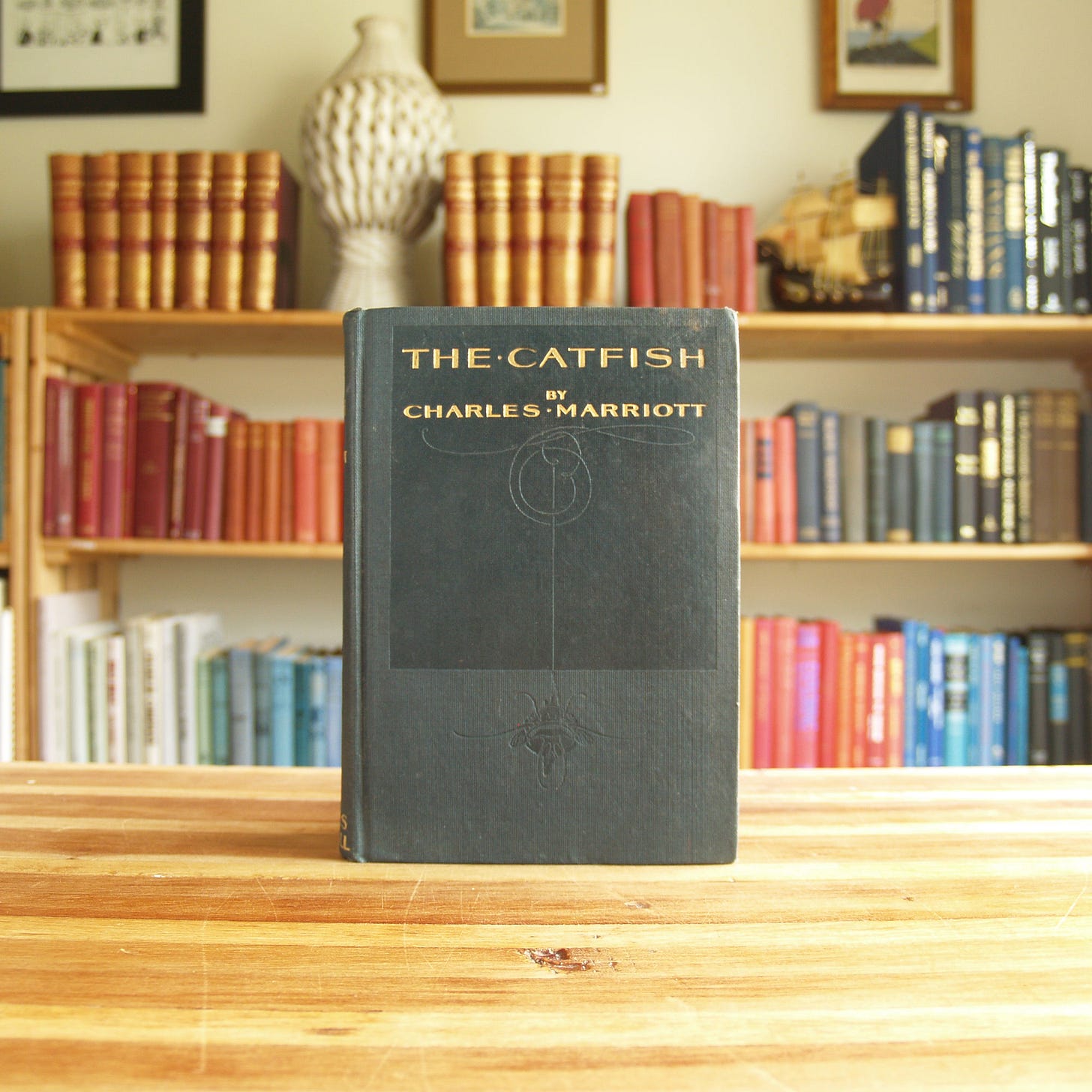Bed Tricks, Cod, and the Hidden History of Catfishing
“QUITE EARLY IN life George Tracy discovered that if he were to be reasonably happy and prosperous he must pretend.” So begins a mesmerizing psychological novel by Charles Marriott, published in 1913. The tale of George's lifelong obsession with an elusive frenemy named Mary, who has “the key to the side door of his nature,” has long been out of print. It's remembered chiefly for its title: The Catfish.
Yes, this century-old book gives us the figure of the modern-day catfish, the shrewd machinator who breaks hearts and passwords with nothing but Wi-Fi, cunning, and yottabytes of imagination. This conceit was reprised in the 2010 documentary by Ariel Schulman and Henry Joost, Catfish, which tells the story of a Michigan artist, Angela Wesselman, who used fake Facebook profiles and other online trickery to deceive Schulman's brother, Nev.
If you're confused, you're where you should be. The numberless catfish who now course through social media, the ones who devastate lives with sophisticated online masquerades, exist to beguile and disturb. Catfish like the fictional Mary or the real-life Angela are foxy and artistic. Others are in it for money or the lulz. But in all catfishing cases, the happiness of the catfish requires your disequilibrium—and your obsession with them.
Keep reading with a 7-day free trial
Subscribe to Magic + Loss to keep reading this post and get 7 days of free access to the full post archives.



